This slightly unusual Christmas story was penned by Stephen Oliver, we hope you enjoy it
Santa’s Little Secret
Santa Claus sat in his office and stared out of the window overlooking his new workshop, musing about recent changes in his circumstances.
Fli’i, his head foreman, broke in on his thoughts by knocking politely on the doorjamb in lieu of the door.
There wasn’t one. Santa had implemented his new ‘open door’ policy by removing the door completely. It had seemed the easiest way to do it at the time.
“Good news, Boss,” Fli’i cried. “Production is up by over 300%!”
“That’s good to hear, Fli’i. What with the world market expanding at the rate that it is, increasing production was the only choice we could make.”
“Right, Boss. You want me to see if I can get any more out of them?”
“Why not? You’re doing such a great job. See how much farther you can push them.”
“Okay, Boss. Will do.”
Fli’i wandered out of the office.
I should have done this years ago, Santa thought to himself. It would have saved me so much trouble. This city is much better than the North Pole ever was.
He lost himself in reverie.
The trouble had started when a union organiser on an Arctic safari had strayed from the rest of his companions during a blizzard. He had nearly died before he stumbled into the village during the slack season, just after Christmas, when the elves were relaxing after the seasonal rush.
Since the little ones had nothing much to do, they gathered around him to help during his recovery. Unfortunately, that meant that they heard all of his ravings, as well. Worse, they actually believed the crap he was spewing.
The next thing Santa knew, they had unionised themselves and were making demands. Among other things, they wanted increased pay and reduced hours.
The reduced hours he could understand. Things usually started out slowly enough, but by Easter, they had to begin picking up the pace. The second half of the year got so bad that they were working 24/7. He was lucky that the perpetual sunshine made it harder for them to track time. He wished he didn’t have to work them so hard, but demand had been growing for years.
More pay was an even bigger joke, because he didn’t pay them a penny.
The elves had wandered into this dimension after losing a war in their own. They were such a sorry bunch that he took pity on them. Males and females alike were malnourished and weak. It had taken him months to build their strength up again. In gratitude, they accepted his offer of work and long-term protection.
He had exotic foods imported, at great expense, just to keep them happy and productive. Each of them could eat as much as they liked whenever they wanted to.
They all got to keep some of the toys they made, too, although they never seemed to get the hang of smartphones and games consoles. They could make them, of course, but didn’t know what to do with them afterwards.
They didn’t need money at all.
Santa had always thought of them as a bunch of lovable but simple children. It was because of this trait that the organiser had been able to corrupt them.
He still remembered the first (and only) meeting he had had with the union organiser and his ‘shop stewards.’
When he read the list of ‘demands,’ the first thing that struck him was that the writer had no idea of the real needs of the elves. It was evident from the outset that the union man had been behind the list. For one thing, elves couldn’t even spell such complicated words as ‘intransigency’ or ‘compartmentalisation,’ let alone understand what they meant.
Instead of listening to the man’s rants, he tried to remember why his face looked so familiar. He recognised the heavy jowls, the florid cheeks, the overbearing sneer on the lips. He knew he had seen it before, but he couldn’t recall where it had been.
He was still racking his brains when the man stood up, leant threateningly on the table, and began screaming at him.
A name floated up from the past.
Frederik Augustus Tyranus Silenus Osternic.
As a chubby young boy, he had been mercilessly teased because of his initials: FATSO. He had retaliated by becoming the biggest bully, in turn, at the school, his workplace and, finally, the union he joined when he started his first job.
Santa had to smile when he remembered just how many sacksful of coal he had delivered to the Osternic household over the years.
Osternic took the smile the wrong way, thinking that Santa was being condescending to him. He recalled all the disappointing Christmases when his parents used his ‘presents’ to heat the house. This was his chance to get his revenge on Santa, and he was going to enjoy every moment!
Santa was quiet and logical, tearing each of Osternic’s ridiculous demands apart and showing their inherent idiocy. By the end of the meeting, the man’s arguments had been reduced to shreds, and he slunk out of the meeting with his metaphorical tail between his legs.
The revolution began the next day.
At first, it had been little more than a small strike. Some of the elves laid down their tools and refused to work. A few hours later, entire workshops stood idle, raw materials piled up on all sides. Elves hung around, looking bored, wondering what on earth they were supposed to be doing with themselves.
The initial act of sabotage may have been spontaneous, but Santa was pretty sure that Osternic was behind it, somehow. Others followed soon after, then open warfare broke out between different factions.
The gravity of the situation only became apparent when Santa realised that it wasn’t a fight between elves loyal to him and those against him. They were fighting about who was going to be in charge after they had strung him up from the North Pole itself, which stood just in front of his house.
At this point, flight was the only option.
He almost lost his life when they found him fastening the magic reindeer to the sleigh. Fortunately, he was able to jump in with his wife and children, who grabbed as many of the loyal elves as they could. Fli’i, Floo’hoo, Markio and Wialid, his four foremen, plus their spouses, accompanied the family into exile.
By the time they finally landed in the city, the revolution was over.
The last that Santa had heard from the area was that they were trying to set up a workers’ cooperative under the rule of President for Life Osternic. The aim of the new government was to take over his function as Father Christmas.
He wished them well, but somehow doubted they would succeed. With no production facilities, due to the destruction of all the workshops, and no imports or exports, since the only flying reindeer had left with Santa, their future was going to be very bleak.
His own future hadn’t looked much brighter at the moment. He was still trying to persuade his suppliers to let him have the raw materials they could no longer deliver to the North Pole, when Floo’hoo came into his office, full of excitement.
He had been on a purchasing trip with his mate, standing on her shoulders under a long coat. They had stopped off in the Far East and had accidentally wandered into a sweatshop. Seeing how the people there were working twelve hours or more a day for little pay, they realised that this method could help keep the production costs down.
“We can’t do that,” Santa protested. “It’s unethical and unfair.”
“Boss, we worked for nothing,” protested Roo’har, Floo’hoo’s mate.
“Yes, you did,” Santa replied. “Except that you loved your work, you were well fed, and you got all the toys you wanted. Unlike these people, you don’t need sleep, either. Plus, I have been protecting you from the Xarilii, who were trying to wipe out your species. They still are, as far as I know.”
“He’s right, my sweet,” Floo’hoo added, reluctantly. “He’s never made any profit out of this. Instead, he’s always looked after us out of his own pocket. These people are being exploited because they have no other choice. We had a good thing going with our bargain. Oh woe, that we ever listened to that madman.”
“It was such a lovely idea, too,” Roo’har lamented. “Isn’t there some way we can implement it anyway?”
“I don’t know how,” Santa replied sadly.
He did finally get his personnel problem sorted out, with a little outside help.
His memories were interrupted by Fli’i’s knock on the doorjamb.
“I’m sorry to interrupt your planning, Boss,” he apologised, “but I’ve got someone here who insists on seeing you at once.”
“Who is it, Fli’i?”
The elf’s expression was embarrassed and somewhat worried.
“I’m afraid it’s… your brother.”
Oh dear, Santa thought to himself, he’s come to see how I’m getting on, now that I’ve had to go to him for help. No doubt he wants to gloat, as well.
His brother brushed Fli’i lightly aside as he walked in. His red suit was trimmed with sable instead of ermine, and his beard was as black as Santa’s was white. Otherwise, it was plain to see that they were twins.
His brother sat down uninvited and gave a pointed glance out of the window into the workshop.
“How are they doing?” he asked abruptly. “Are they all that I promised?”
“They are. I’m not going to ask you where you got them from because I already know that. What I want to know is, what inducements are you using to get them to work 24/7 without pay?”
“Oh, that’s an easy one,” his brother smiled. “I’ve promised them that, if they continue to work like this, I won’t send them back again.”
“That would work, I suppose,” Santa acknowledged, albeit reluctantly. “Is there any particular reason you’re helping me? Some nefarious plan you’re cooking up behind my back?”
“Can’t I just be helping you out of the goodness of my heart?”
Santa’s expression was as sardonic as his brother’s.
“Anyone else, maybe. You, no. You don’t have any goodness.”
“Ah well, maybe I deserve your mistrust, given our history together. Let’s just say that I don’t want to see your little enterprise fall flat on its face after all these years, and leave it at that, shall we?”
He stood up and walked over to the window. Standing and looking out over the hive of activity in the workshop, he went on.
“Actually, I have been having some space problems recently, especially the numbers of inferior people I’ve been getting. Your need for workers is helping me get rid of some the losers I’ve acquired over the years. It’s a win-win situation for both of us.”
He turned back and looked at Santa.
“Admit it, I’ve been a real help to you, haven’t I?”
“Yes, brother, you have. I’ll eat crow and say: ‘Thank you very much.’ Satisfied?”
“Eminently. Ah, I see your wife is bringing us tea and some of her excellent cake.”
His brother turned back to watch the workers below while Mrs Claus busied herself with the contents of her tray.
Isn’t it ironic how unimaginative our father-mother Antas was? Santa thought to himself. He-she couldn’t even think of two names that weren’t anagrams of his-her own.
In the meantime, His Infernal Majesty Satan, Monarch of All the Hells, turned away from his contemplation of the damned toiling in his brother’s workshop to accept a cup of tea and a slice of Victoria Sponge.
Stephen Oliver





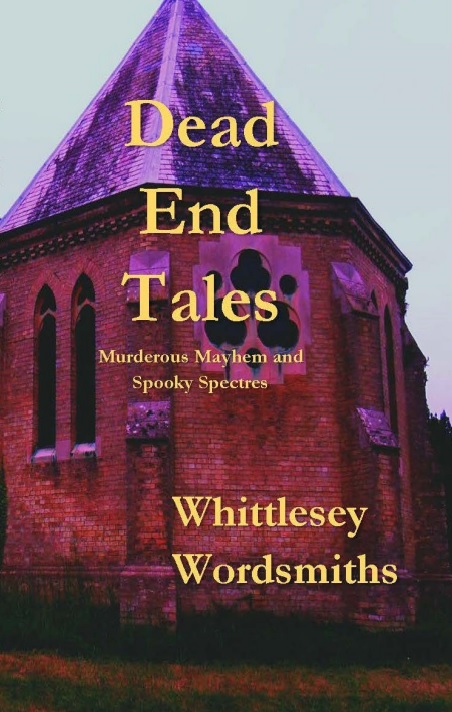







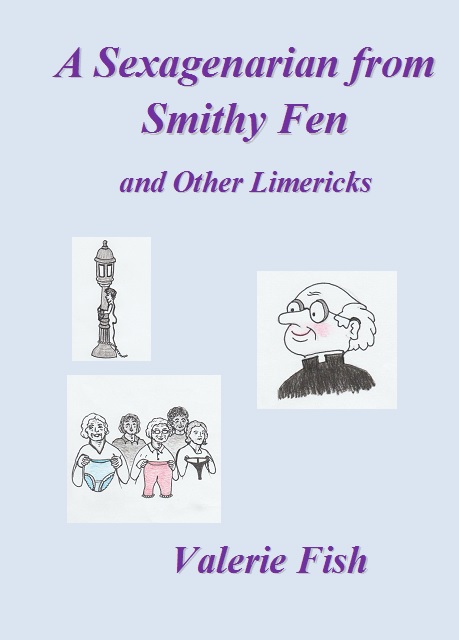


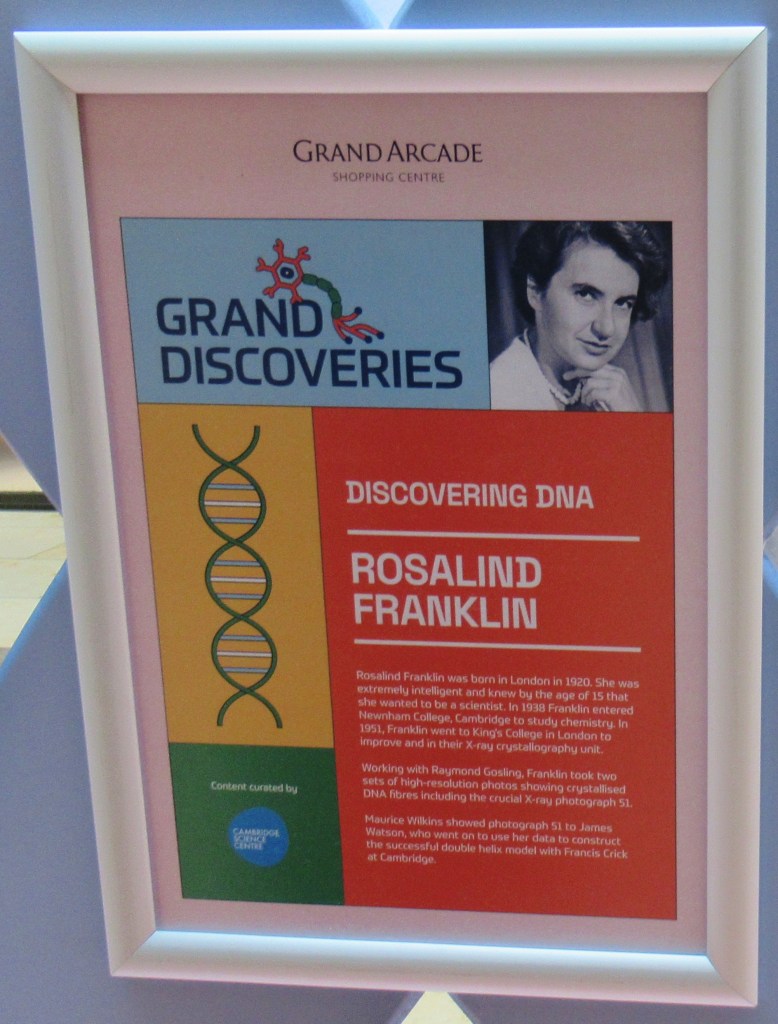






















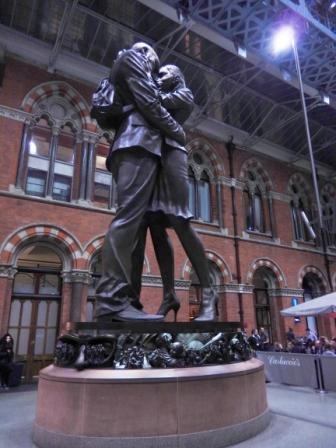




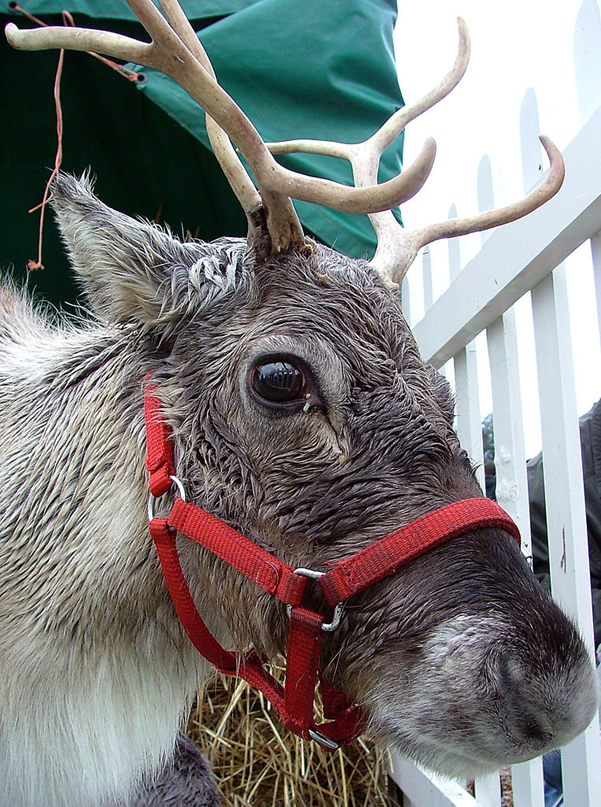

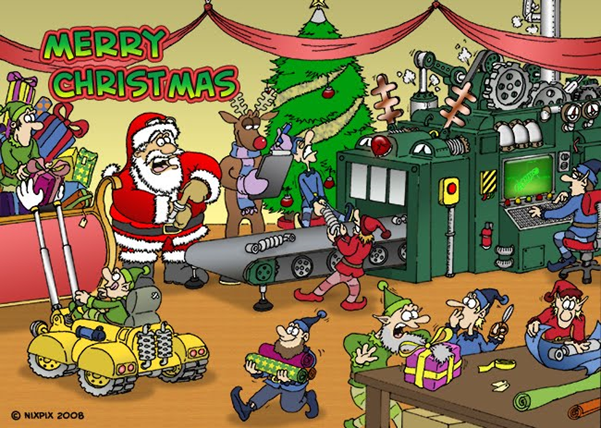









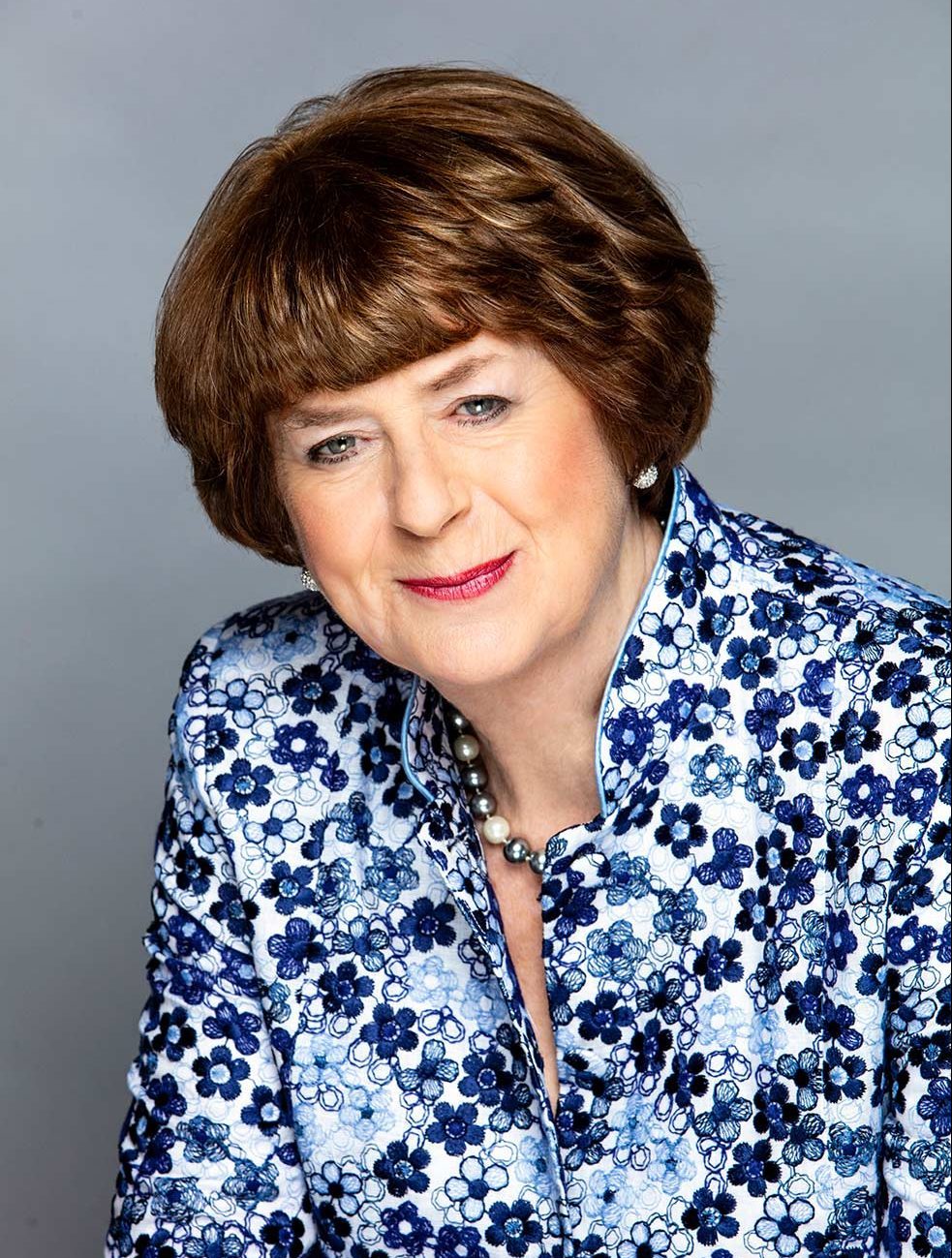


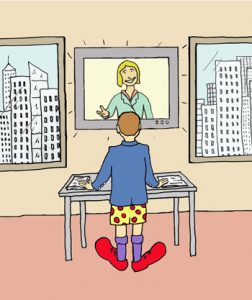


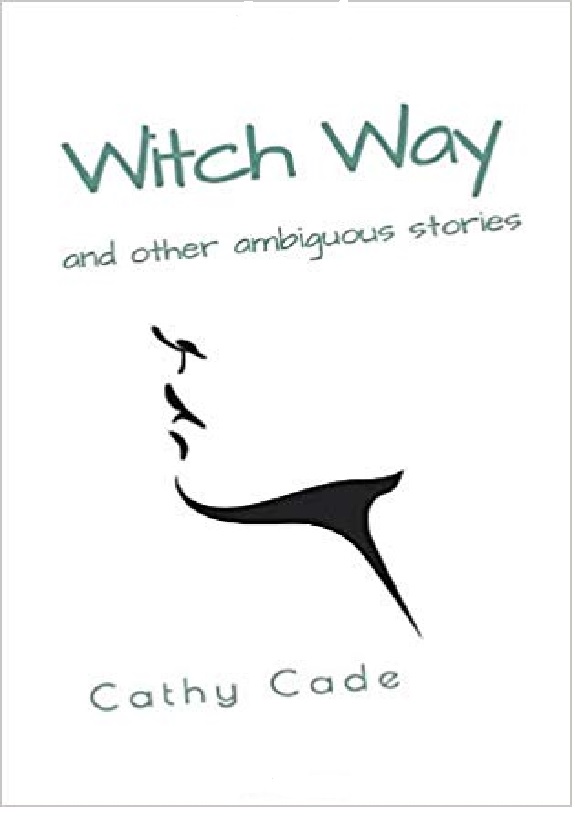

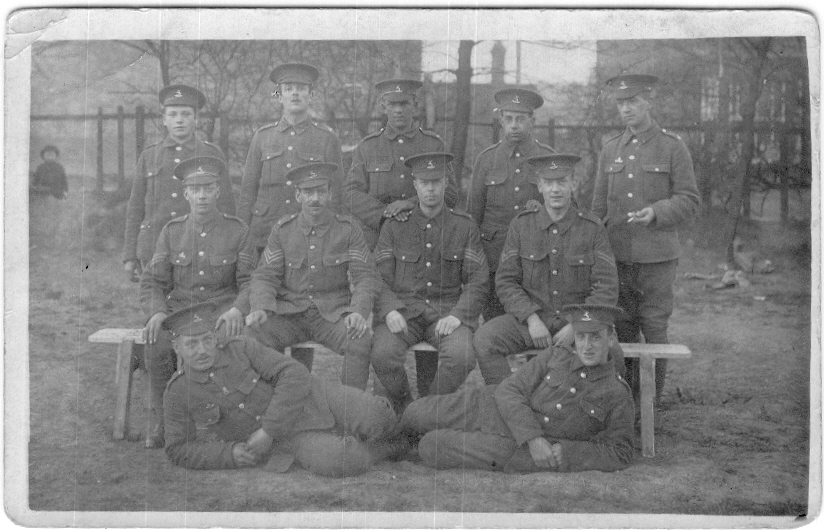
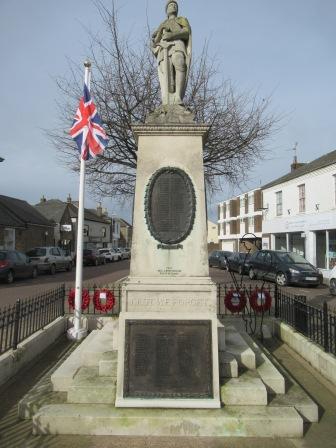
 (Picture credit Tripadvisor)
(Picture credit Tripadvisor)




